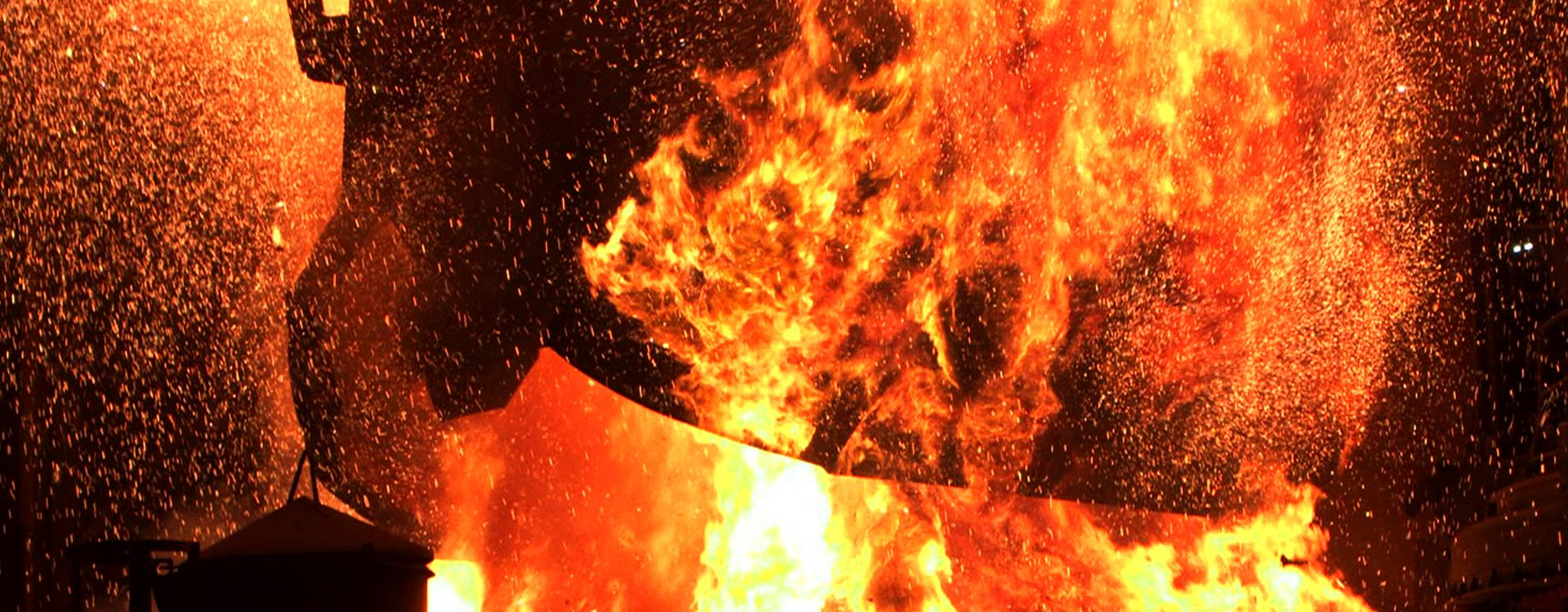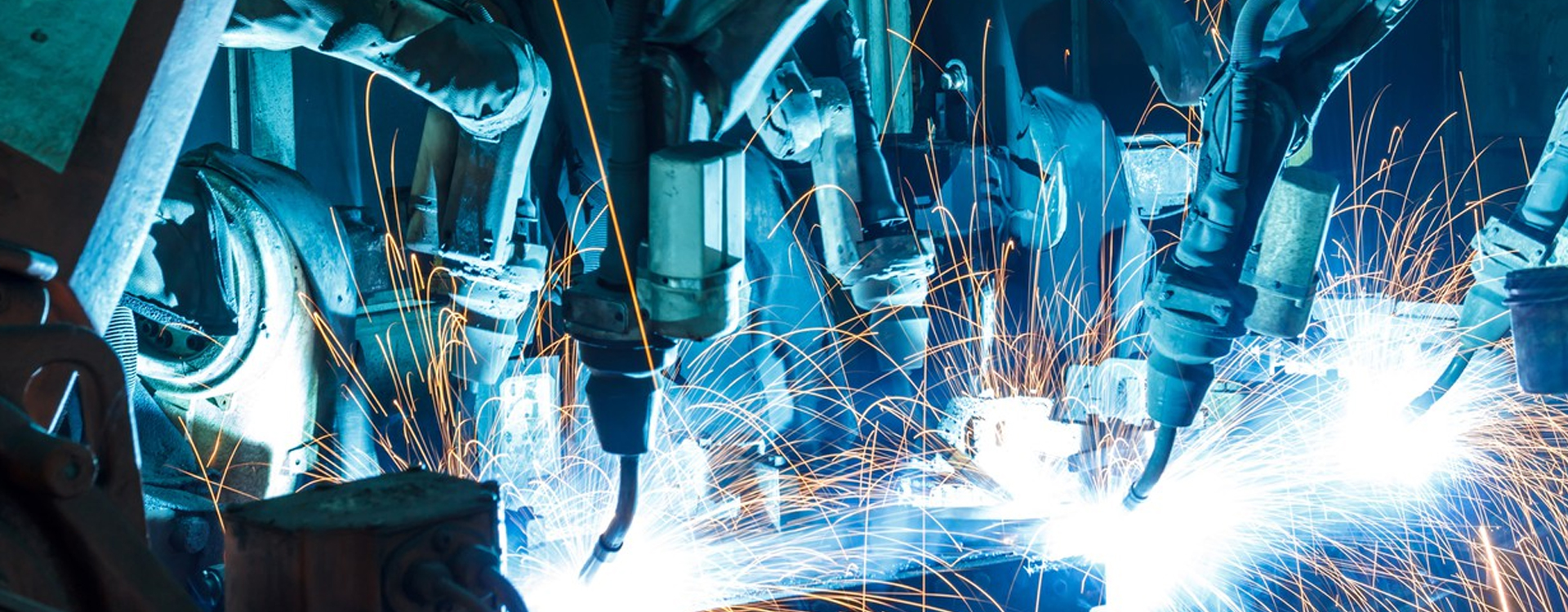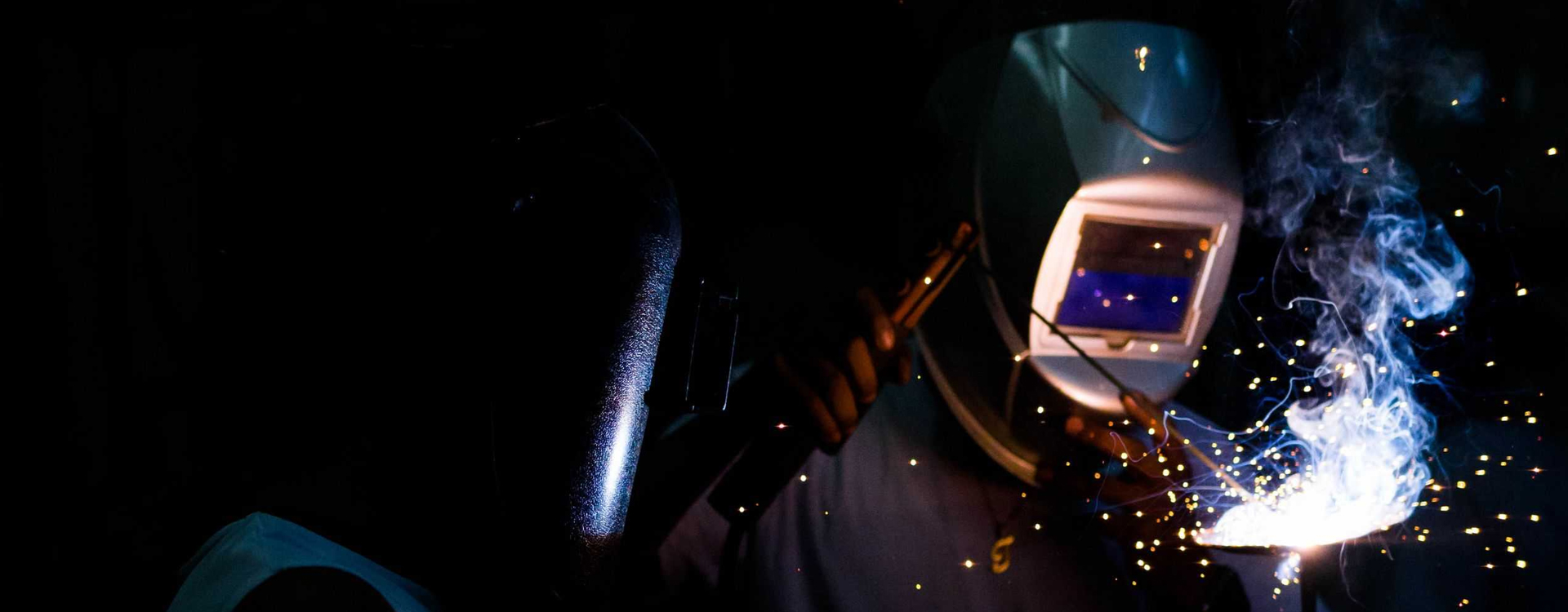Seminar Details
Seminar Title:
Effect of elevated temperatures on the deformation behavior of advanced intermetallic TiAl alloys
Seminar Type:
Departmental Seminar
Department:
Metallurgical and Materials Engineering
Speaker Name:
Prekshya Nath
Speaker Type:
Faculty
Venue:
Seminar Room Annexe Building MM Department
Date and Time:
16 Dec 2024 03.00pm
Contact:
9040709917
Abstract:
TiAl-based intermetallic alloys have attracted significant attention in the aerospace and automotive industries due to their low density, exceptional high-temperature strength, outstanding creep resistance, and excellent oxidation resistance. The present study focuses on two TiAl alloys: a commercial grade 2nd generation, i.e., Ti-48Al-2Cr-2Nb (at. %), and a newly developed 3rd generation, i.e., Ti-45Al-2Cr-7.5Nb-0.2B (at. %) alloys. The addition of a small amount of boron in the third-generation alloy significantly reduces the size of (α2 + γ) colonies. Furthermore, substantial segregation of Nb and Cr to the β0 phase is noted in the as-cast microstructure. A distinct diffusion assisted bilamellar-biglobular (BLBG) microstructure is generated following a heat treatment schedule. The small-scale nanoindentation and bulk-scale compressive deformation behavior of 2nd and 3rd generation TiAl alloys are assessed at 25°C, 300°C, and 500°C. The highest hardness and yield strength are noted for the as-cast 3rd generation TiAl alloy irrespective of temperature owing to the finer microstructure, solid solution strengthening, and harder β0 and TiB phases. Moreover, nano twins and micro twins induced enhanced deformability is noted for the BLBG microstructure, as compared to the as-cast counterparts. Interestingly, an anomalous increase in hardness and strength with an increase in temperature is observed for the studied alloys owing to the presence of high-density twins and Kear-Wilsdorf locks. This piece of research provides insight into the role of constituent phases and temperature on the deformation mechanism of complex TiAl and proves the suitability of the alloy system at service conditions.



